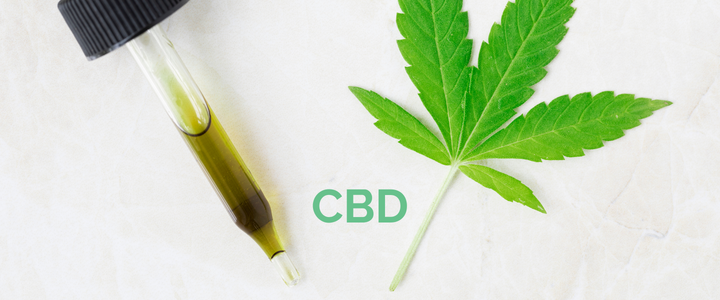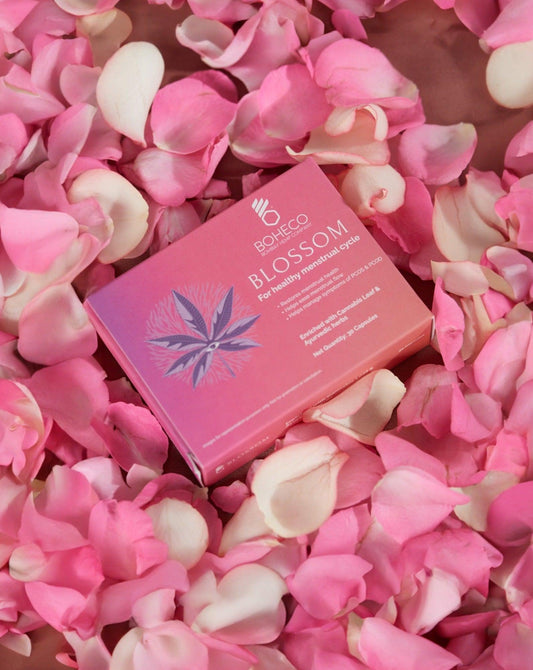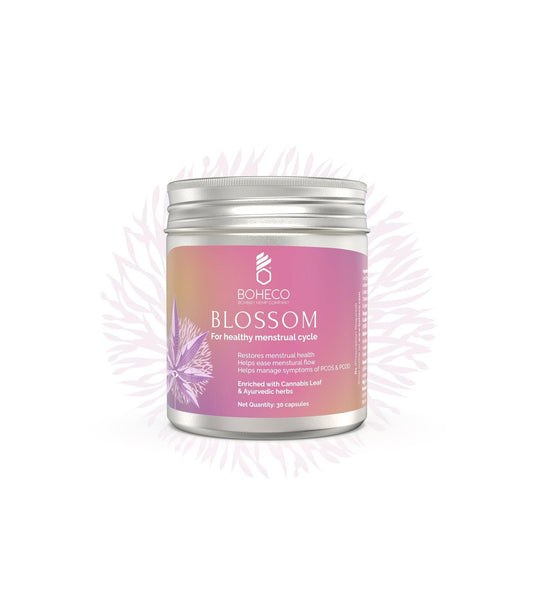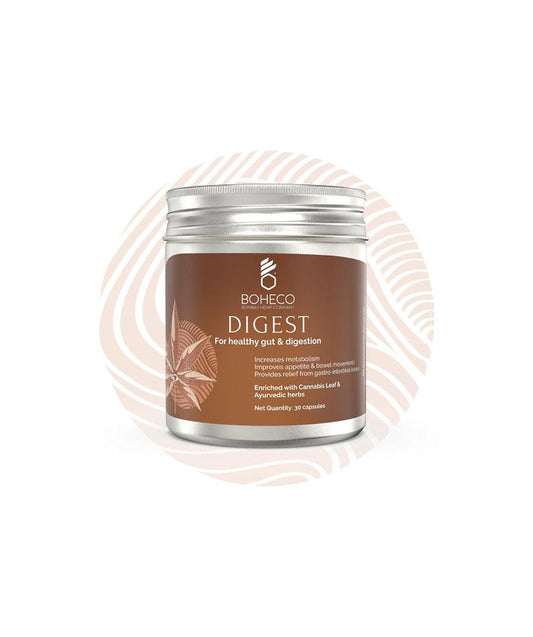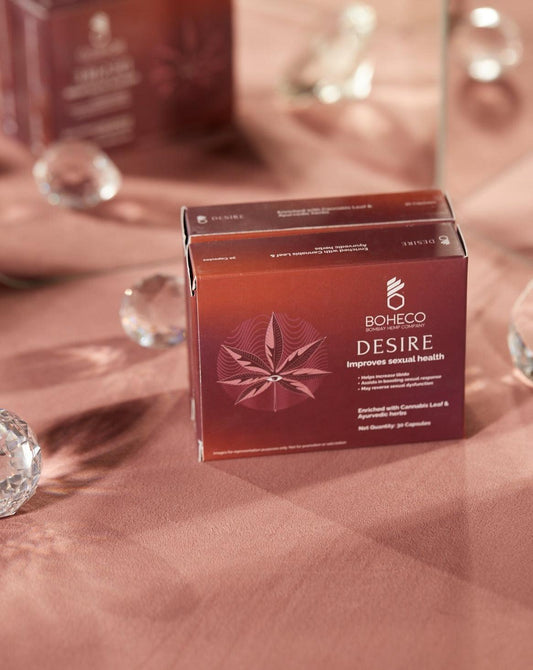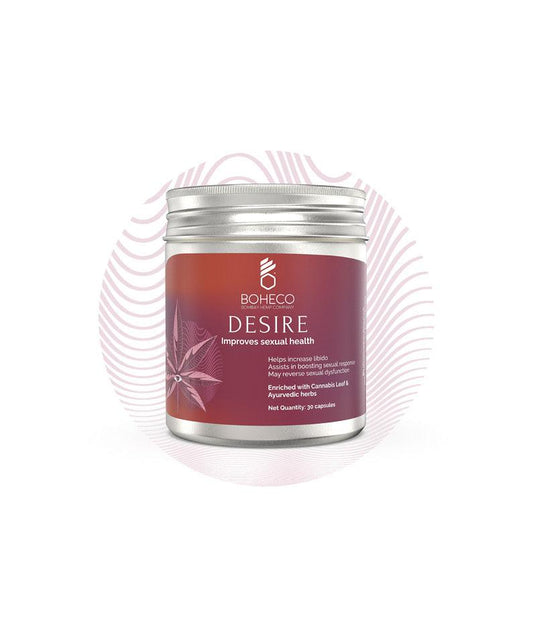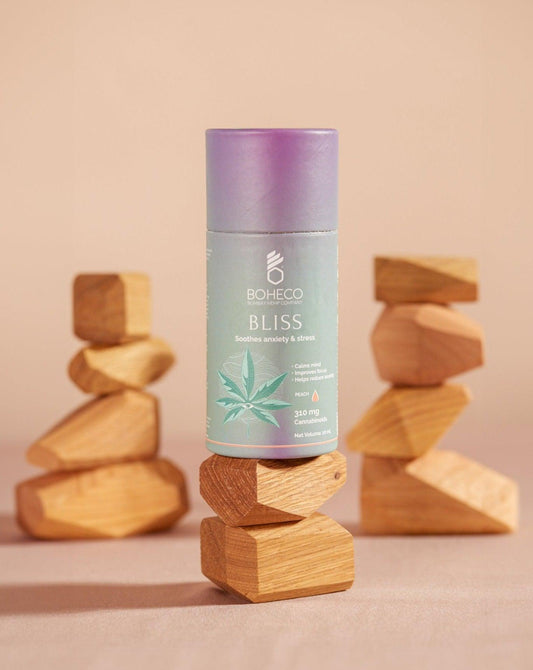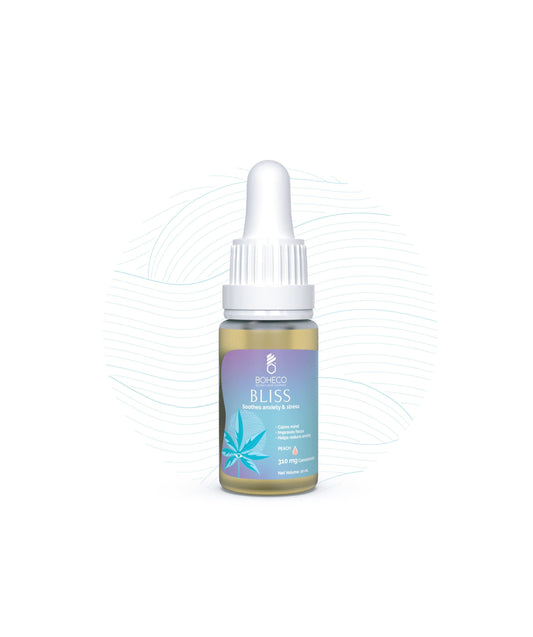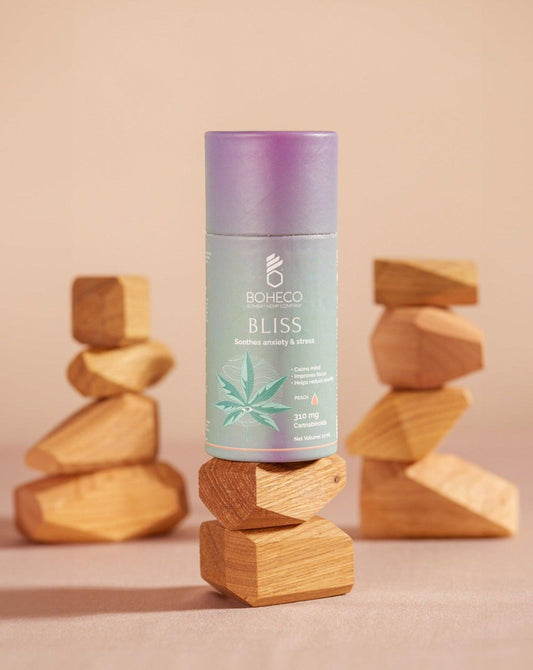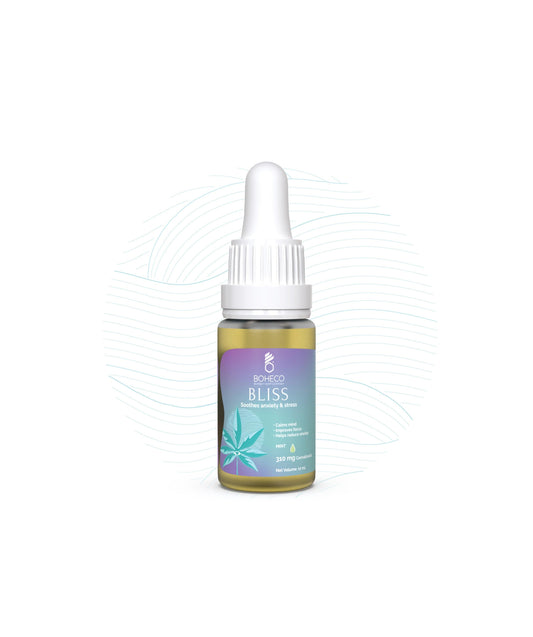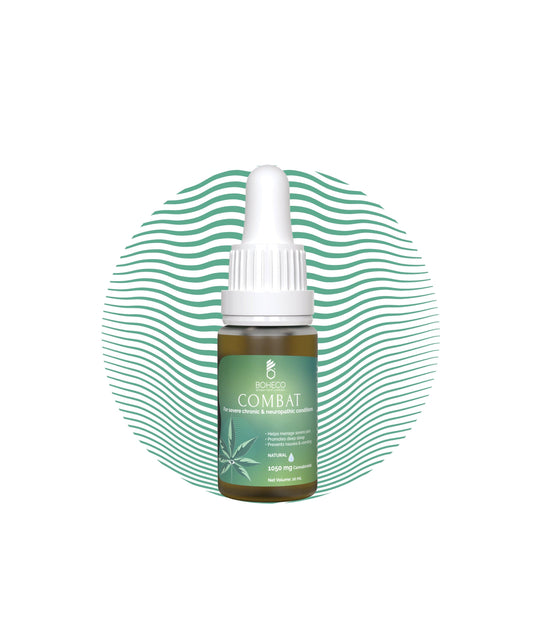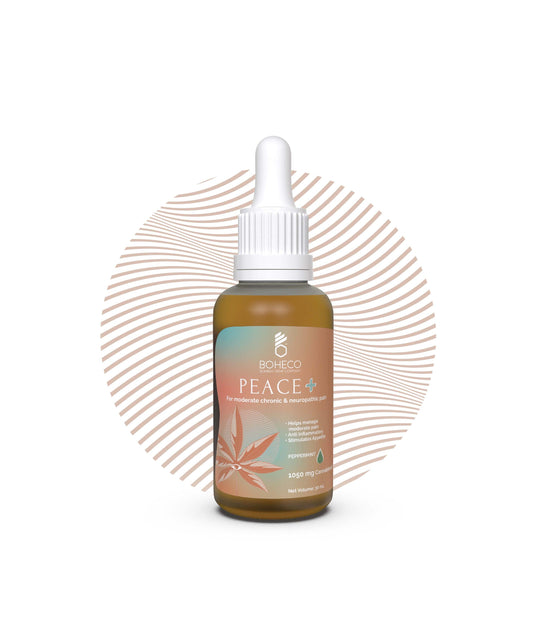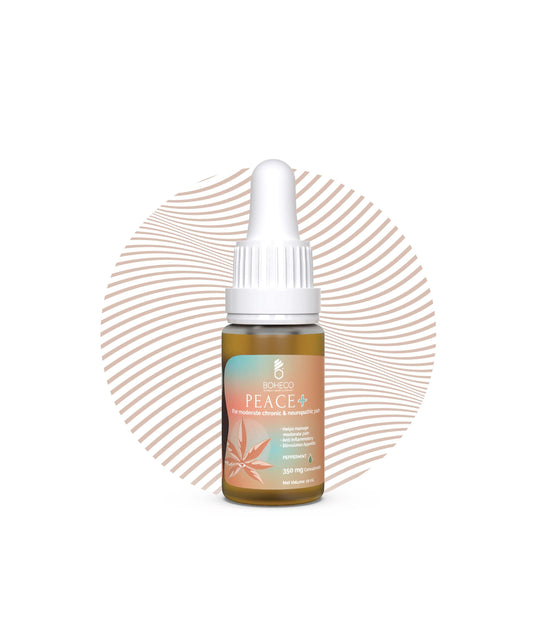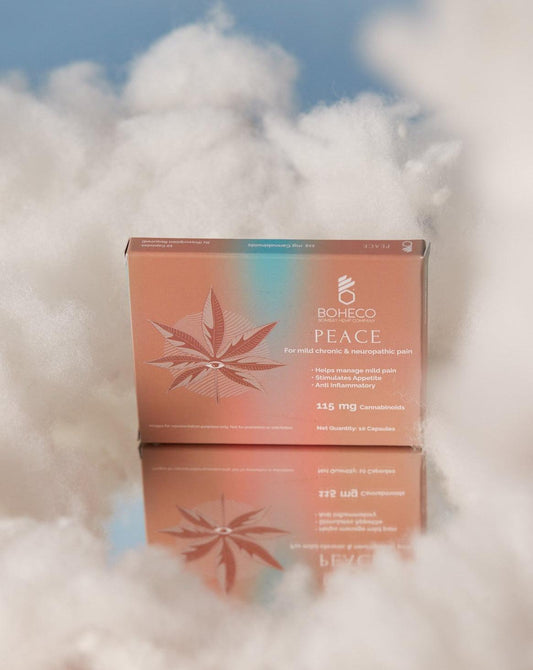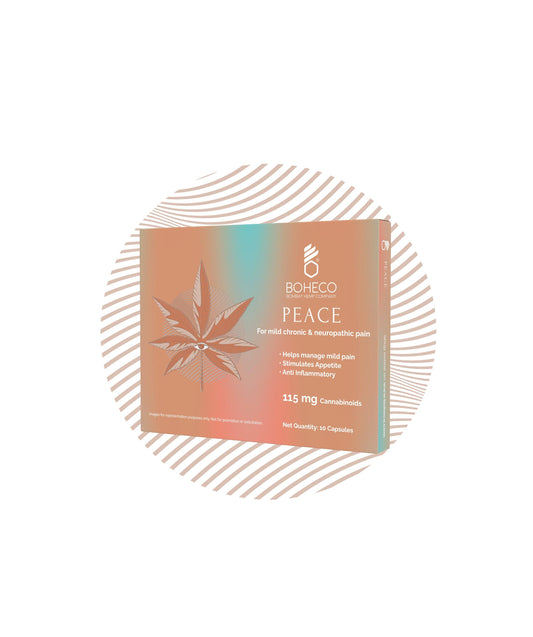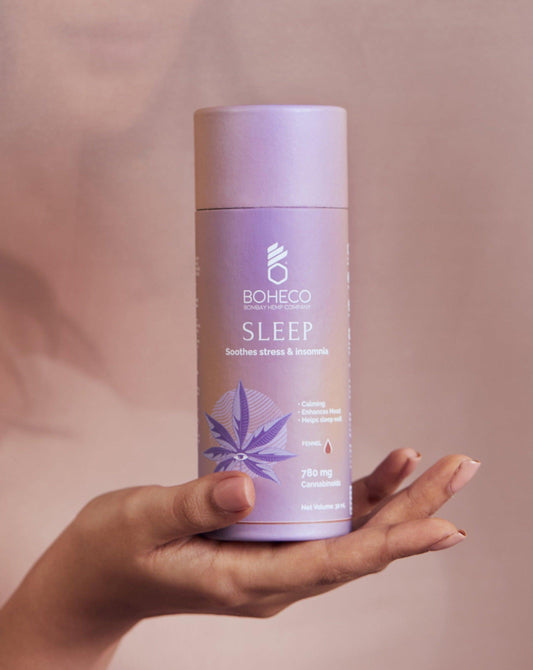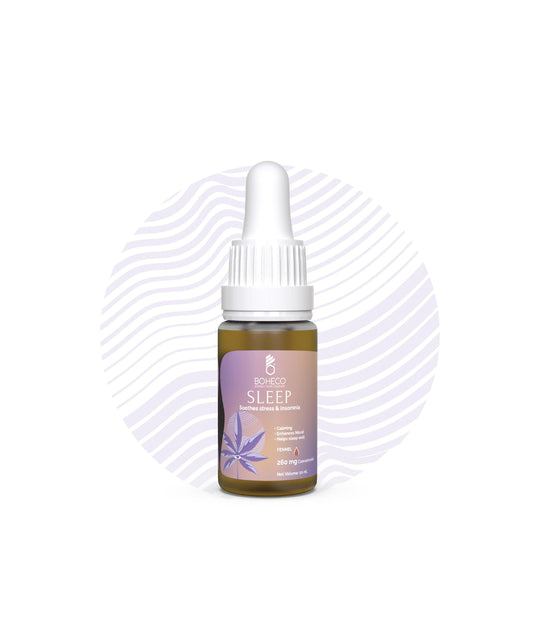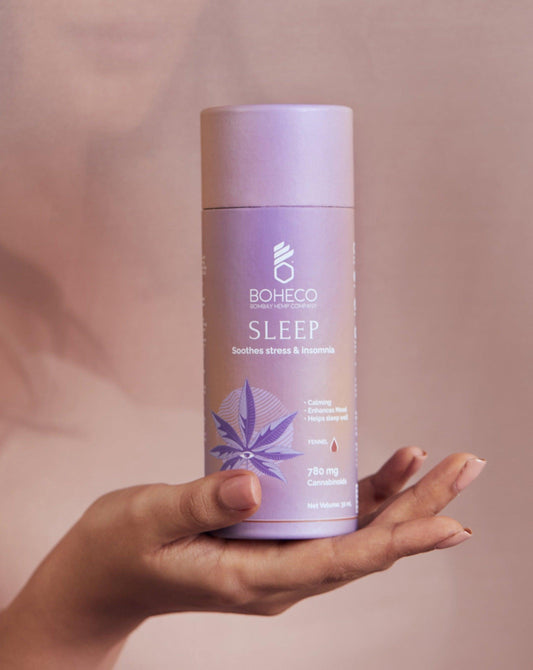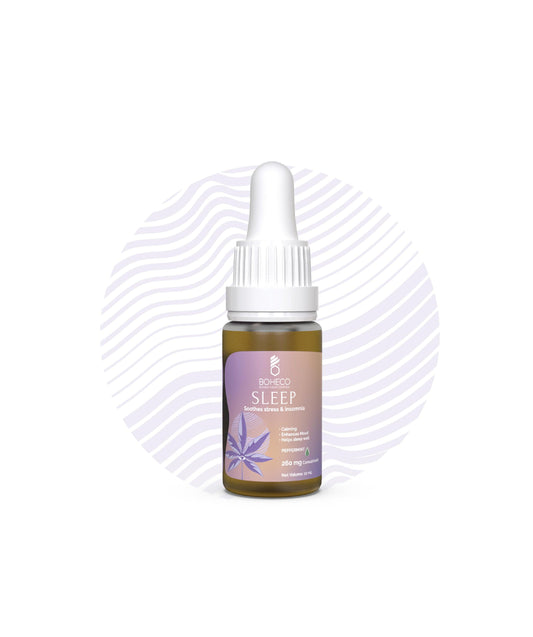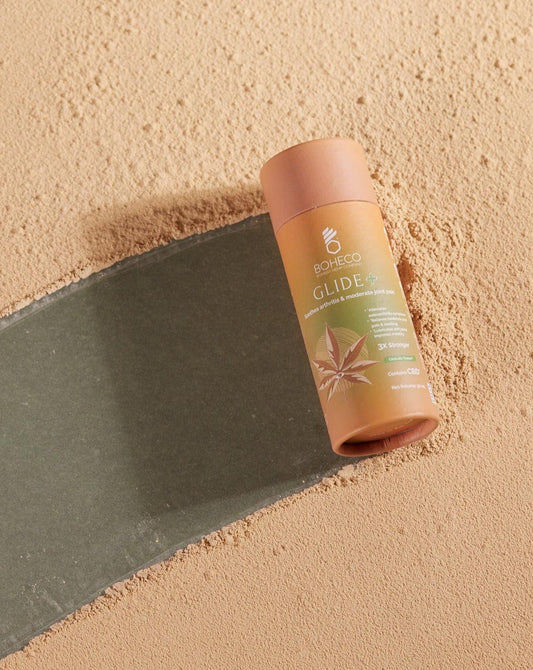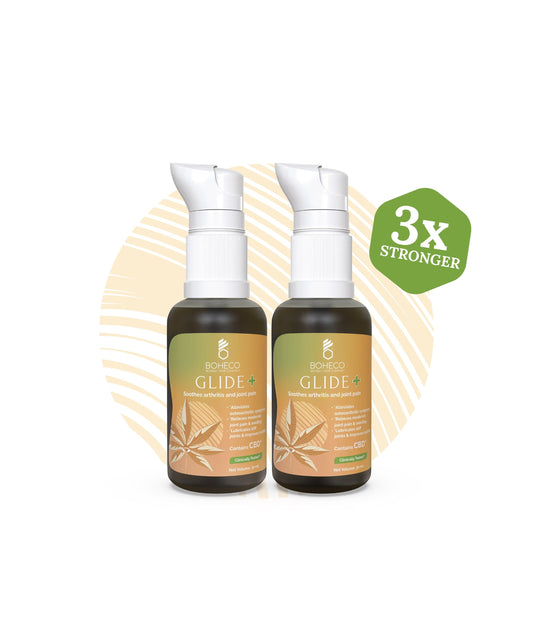Introduction CBD, short for cannabidiol, has gained significant attention in recent years for its potential health benefits. Derived from the cannabis plant, CBD is one of the many compounds found in this versatile plant. While CBD is often associated with cannabis and hemp, it's important to understand the differences between these terms and how CBD fits into the picture. Differences Between CBD, Cannabis, and Hemp CBD: CBD is a compound found in cannabis plants, including both marijuana and hemp. It is non-intoxicating, meaning it does not produce the "high" typically associated with marijuana use. CBD has been the subject of extensive research due to its potential therapeutic properties. Cannabis: Cannabis is a broad term that encompasses different species and varieties of plants, including Cannabis sativa, Cannabis indica, and Cannabis ruderalis. Marijuana, a type of cannabis, is known for its higher THC content, which is responsible for its psychoactive effects. CBD can be derived from marijuana plants, but it can also be extracted from hemp plants. Hemp: Hemp is a variety of cannabis that contains low levels of THC (usually less than 0.3% by dry weight). It has been cultivated for various industrial purposes, such as textiles, paper, and building materials. Hemp-derived CBD products have gained popularity due to their lower THC content and legal status in many countries. Health Benefits of CBD CBD has been studied for its potential therapeutic effects on various health conditions. While research is still ongoing, some potential health benefits of CBD include: Pain management: CBD may help alleviate chronic pain by interacting with the endocannabinoid system, which plays a role in pain perception. Anxiety and depression: Preliminary research suggests that CBD may have anxiolytic and antidepressant properties, potentially aiding individuals with anxiety disorders and depression. Neuroprotective properties: CBD has shown promise in studies related to neurological conditions, such as epilepsy and multiple sclerosis, due to its potential neuroprotective effects. Anti-inflammatory effects: CBD may possess anti-inflammatory properties, which could be beneficial for conditions like arthritis and inflammatory bowel disease. Sleep disorders: Some individuals report improved sleep quality and reduced insomnia symptoms with the use of CBD. Is CBD Safe? CBD is generally considered safe for most individuals when used responsibly. However, it's essential to keep in mind the following points: Quality and regulation: The quality and safety of CBD products can vary, so it's crucial to purchase from reputable sources that provide third-party lab testing to ensure product purity and potency. Potential side effects: Although rare, some people may experience side effects such as dry mouth, drowsiness, changes in appetite, or diarrhea when using CBD. It's recommended to start with a low dosage and gradually increase if needed, under the guidance of a healthcare professional. Drug interactions: CBD can interact with certain medications, particularly those metabolized by the liver's cytochrome P450 enzyme system. Consult with a healthcare professional if you are taking other medications before using CBD. How to Use CBD CBD can be consumed in various forms, depending on personal preference and desired effects. Here are a few common methods of CBD consumption: Oral ingestion: CBD oils, tinctures, capsules, and edibles can be swallowed, allowing CBD to be absorbed through the digestive system. Sublingual administration: CBD oils and tinctures can be held under the tongue for a minute or two before swallowing, allowing for faster absorption through the sublingual blood vessels. Topical application: CBD-infused creams, lotions, and balms can be applied directly to the skin for localized relief. It's important to follow the recommended dosage instructions provided by the manufacturer or consult with a healthcare professional for personalized guidance on CBD usage. Remember, while CBD shows promise in various areas, more research is needed to fully understand its potential benefits and long-term effects. Always consult with a healthcare professional before adding CBD to your wellness routine, especially if you have any underlying medical conditions or are taking medications. Mini collection CBD for Sleep: CBD has shown the potential in promoting better sleep by reducing anxiety, improving sleep quality, and enhancing relaxation. Its interaction with the endocannabinoid system may help regulate sleep-wake cycles, making it a promising natural option for those struggling with insomnia or sleep disturbances. CBD for Stress: CBD has been studied for its potential anti-anxiety and stress-reducing effects. It may help alleviate symptoms of stress by interacting with serotonin receptors in the brain, promoting a sense of calmness and relaxation. CBD products such as oils or edibles can be used to support stress management. CBD for Body Pain: CBD has gained attention as a natural option for managing body pain. It may help alleviate pain by interacting with receptors involved in pain perception and reducing inflammation. Topical CBD creams or oils can be applied directly to the affected area, providing localized relief from body pain.


